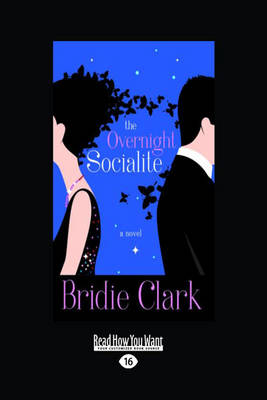1
1 total work
Set
Doing Environmental Ethics offers a way to face our ecological crisis that draws on environmental science, economic theory, international law, and religious teachings, as well as philosophical arguments. It engages students in constructing ethical presumptions based on our duty (to other persons and species and also to ecosystems), our character (personal virtues), our relationships (with other persons and nature), and our rights (to sustainable development and a healthy environment). Then it tests these moral presumptions by predicting the likely consequences of acting on them. Readers apply what they have learned to specific policy issues discussed in the final part of the book: sustainable consumption, environmental policy, clean air and water, agriculture, managing public lands, urban ecology, and climate change. Questions after each chapter and a worksheet aid readers in deciding how to live more responsibly as consumers and as citizens. What you do matters, Robert Traer writes, and the person you are also matters. In ethics we look for reasons to explain why this is so.
